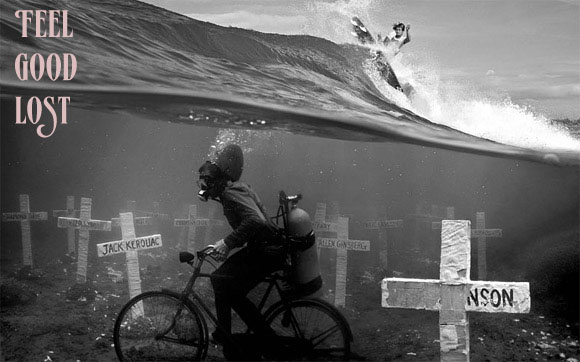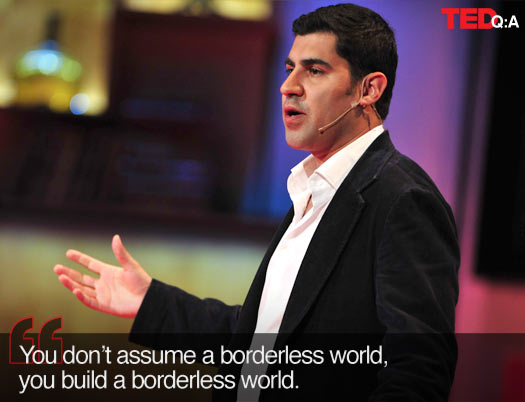+
"Parag Khanna’s contempt for democracy aside, he is simply an intellectual impostor, emitting such lethal doses of banalities, inanities, and generalizations that his books ought to carry advisory notices....
When the Khannas discuss the charms of their newly found profession in Hybrid Reality, the whole enterprise is revealed as a jargon-laden farce: “Futurism is a combination of long-term and long-tail, separating the trends from the trendy and the shocks from the shifts, and combining data, reportage, and scenarios.” It doesn’t sound like a very demanding job: “It helps to travel and be imaginative, but it is even more useful to observe children.” And why all this effort? So that we can better predict the apocalypse. “Avoiding civilizational collapse will require harnessing technologies that help us decipher complexity, overcome decision overload, and produce comprehensive strategies.” The Khannas have come to accomplish nothing less than the rescue of civilization....
The recipe is simple. Find some peculiar global trend—the more arcane, the better. Draw a straight line connecting it to the world of apps, electric cars, and Bay Area venture capital. Mention robots, Japan, and cyberwar. Use shiny slides that contain incomprehensible but impressive maps and visualizations. Stir well. Serve on multiple platforms. With their never-ending talk of Twitter revolutions and the like, techno-globalists such as Khanna have a bright future ahead of them.....
When they launched their publishing venture, the TED organizers dismissed any concern that their books’ slim size would be dumbing us down. “Actually, we suspect people reading TED Books will be trading up rather than down. They’ll be reading a short, compelling book instead of browsing a magazine or doing crossword puzzles. Our goal is to make ideas accessible in a way that matches modern attention spans.” But surely “modern attention spans” must be resisted, not celebrated. Brevity may be the soul of wit, or of lingerie, but it is not the soul of analysis. The TED ideal of thought is the ideal of the “takeaway”—the shrinkage of thought for people too busy to think."

































